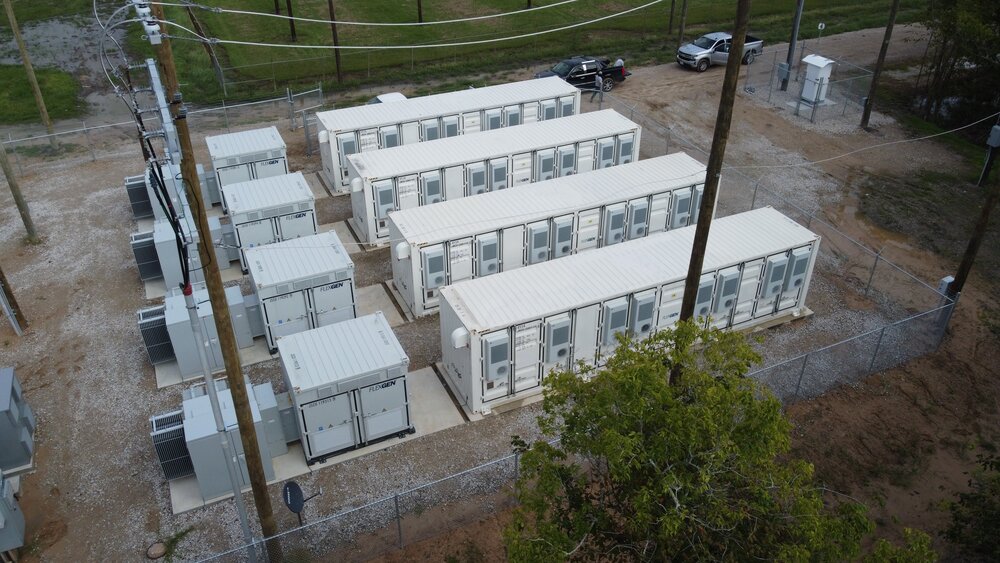
A 109-megawatt-hour battery energy storage system—one of the largest to be owned and operated by an electric cooperative—is forecast to save Northeastern REMC members at least $35 million on their power bills over the next two decades.
“We feel the savings assumptions are conservative,” said Eric Jung, CEO of the Columbia City, Indiana-based co-op. “The value presented to us today is already greater than the additional costs, and this will only rise as transmission and capacity costs increase.”
NREMC in December inked the deal with battery maker FlexGen for a total of 31 MW of lithium iron phosphate batteries to be fully operational by 2023.
A portion of the batteries will be installed at each of the co-op’s five substations, where they will charge off the grid during off-peak hours. NREMC will break ground at two sites this spring to begin using the available storage to help offset this summer’s peaks.
More than 75% of the co-op’s total expenses are in power supply and 38% of those costs are summer peak-related, Jung said. The battery’s instantaneous feed “will reduce those peak costs by approximately 25%,” he said.
NREMC is unaffiliated with a generation and transmission co-op, serving its 33,000 meters largely through a long-term wholesale power agreement tied to the 13-state PJM regional transmission organization. Escalating transmission fees included in power market prices stirred the co-op to act with its board’s support.
“We were looking into battery storage to hedge against increasing transmission costs,” said Jung, citing 14% average annual hikes over the last six years with a 20% increase this year alone. “The batteries will pay for themselves by 2027. We wish we had it in a year ago!”
The co-op not only plans to use the utility-scale battery system as a hedge when prices spike in the wholesale electricity market but also as a revenue stream by bidding into the PJM regulation market, he said.
Should severe weather damage power lines and force outages, the batteries could keep more than 3,200 households online for at least three hours, according to FlexGen.
NREMC will be able to control the storage units from its headquarters through its SCADA system. Jung said the co-op hopes to incorporate solar along with additional storage in the future.
Cathy Cash is a staff writer at NRECA.